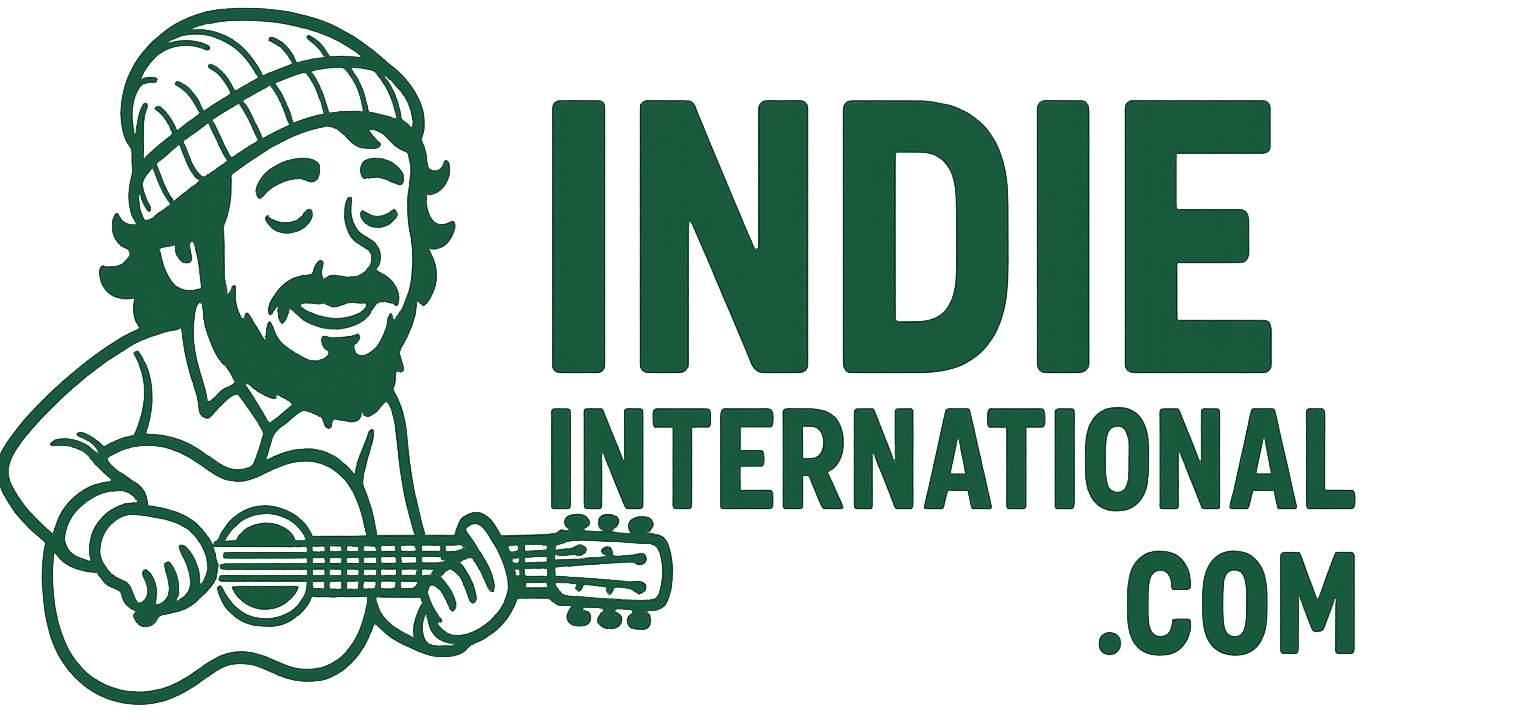In today’s music industry, talent alone isn’t always enough. I’ve realized that building a personal brand as a songwriter is just as critical as crafting great songs. Your personal brand shapes how others perceive you, influences the opportunities that come your way, and helps you stand out in a crowded marketplace.
Over the years, I’ve learned that developing a strong and authentic brand takes intentional effort and self-awareness. It’s not about creating a fake persona but amplifying the unique qualities that make me, me. Whether you write for yourself or others, investing in your personal brand can open doors and build lasting connections.
In this article, I’ll share how I built my personal brand as a songwriter, step-by-step, including lessons I learned and practical tips you can apply to your own career.
Recognizing Why Personal Branding Matters
I used to think that simply writing good songs would speak for itself. But I quickly discovered that the music industry, and audiences, look for more than just songwriting talent. They want to know who you are, what you stand for, and why your voice matters.
Building a personal brand helped me create a clear identity that reflects my style, values, and story. It’s the lens through which my work is seen and the reason people connect with me beyond the music.
Having a strong brand also makes me memorable. When I pitch songs to publishers or collaborate with artists, my brand tells them why working with me is valuable. It helps me build trust and credibility in a way that raw talent alone can’t.
Discovering Your Unique Story and Voice
The foundation of my personal brand is my story. Everyone has a unique journey, and sharing mine authentically created a deep connection with listeners and collaborators.
I spent time reflecting on what inspired me to write songs, the struggles I overcame, and the messages I want to share. I think about what makes my songwriting style different and how my background shapes my music.
Once I articulated these elements, I started weaving them into my online presence, interviews, and networking conversations. Your story is powerful because it’s personal and relatable.
Defining Your Brand Identity
Next, I focused on defining my brand identity, how I want to present myself visually and verbally. This includes everything from the tone of my social media posts to my website design and the imagery I use.
I chose colors, fonts, and logos that reflect the mood and personality of my music. For example, if your songs are introspective and emotional, your brand visuals might be softer and more subdued. If your style is upbeat and edgy, brighter colors and bold fonts might suit better.
Consistency is key. Every touchpoint, from your business cards to your Instagram feed, should tell the same story and reflect your identity clearly.
Creating a Strong Online Presence
In today’s world, your online presence often forms the first impression. I invested time in building a professional website that showcases my songs, biography, credits, and contact information.
Social media platforms are powerful tools to engage with fans, other songwriters, and industry professionals. I chose platforms that fit my audience, mainly Instagram, TikTok, and YouTube, and commit to posting regularly.
Sharing behind-the-scenes glimpses of my songwriting process, personal stories, and updates keeps people interested and invested in my journey. I aim for authenticity over perfection because realness resonates.
Sharing Your Music Strategically
Your songs are the core of your brand, so how you share them matters. I release my music thoughtfully, using teasers, lyric videos, and storytelling to build anticipation.
When I share new songs, I include the inspiration behind them or the writing process. This adds depth and context that draws people in.
I also seek placements on curated playlists and collaborate with influencers or fellow musicians to expand my reach.
Networking with Intention
Building my brand isn’t just about self-promotion, it’s about relationships. I network strategically, reaching out to songwriters, producers, publishers, and artists who align with my values and style.
I attend workshops, songwriting camps, and industry events, not just to hand out business cards, but to build genuine connections.
I try to add value to others’ careers, offering support and sharing resources. This reciprocity strengthens my brand as someone who’s collaborative and trustworthy.
Handling Criticism and Staying Authentic
One of the toughest parts of building a personal brand is dealing with criticism. When you put yourself out there, not everyone will resonate with your style or story.
I learned to take constructive feedback seriously but ignore negativity that doesn’t help me grow. Staying true to my vision and voice keeps my brand authentic.
Authenticity is what ultimately builds loyal fans and meaningful professional relationships.
Expanding Your Brand Beyond Music
I’ve also found it helpful to expand my personal brand beyond songwriting alone. For example, I share insights about the music business, mental health in creativity, or lifestyle topics I’m passionate about.
This broader content attracts a more diverse audience and positions me as a well-rounded creator.
Think about your interests and expertise outside songwriting that you could weave into your brand narrative.
Consistency Over Time
Building a personal brand isn’t a one-time project, it’s an ongoing process. I commit to consistent messaging, quality content, and engaging with my audience regularly.
Even when life gets busy or inspiration wanes, showing up consistently builds trust.
Consistency helped me turn casual listeners into devoted fans and casual contacts into collaborators.
Leveraging Feedback and Analytics
I use feedback from fans, collaborators, and industry mentors to refine my brand. I also track analytics on my website and social media to see what content resonates.
This data-driven approach helps me make smarter decisions about what to share and where to focus energy.
If something isn’t working, I adjust rather than stubbornly sticking to a strategy that doesn’t fit.
Investing in Professional Help
At times, I’ve hired professionals, graphic designers, publicists, photographers, to elevate my brand. While DIY is fine early on, investing in experts can boost your brand’s polish and reach.
Working with professionals ensures that my visuals, press materials, and messaging are high-quality and consistent.
Don’t hesitate to seek help if it aligns with your goals and budget.
Using Your Brand to Open Doors
Once your personal brand gains traction, it becomes a powerful tool to open doors. I’ve landed co-writing sessions, publishing deals, and sync placements partly because my brand projects professionalism and authenticity.
When industry professionals see a cohesive, compelling brand, they feel more confident investing time and resources in you.
Your brand is a reflection of your work ethic, creativity, and potential.
Staying True as You Evolve
As I’ve grown as a songwriter and person, my brand has evolved too. I update my story, visuals, and messaging to reflect new chapters in my life.
Staying true to your core values while allowing your brand to grow is essential.
Don’t be afraid to pivot or refresh your brand if it no longer feels authentic or effective.
Final Thoughts on Building a Personal Brand as a Songwriter
Building a personal brand as a songwriter is a journey that combines self-discovery, creativity, and strategy. It’s about showing the world who you are and why your music matters.
I’ve found that an authentic, consistent, and well-crafted brand creates opportunities and meaningful connections that pure talent alone might not.
If you’re ready to take your songwriting career seriously, investing time and effort into your personal brand will pay dividends.

